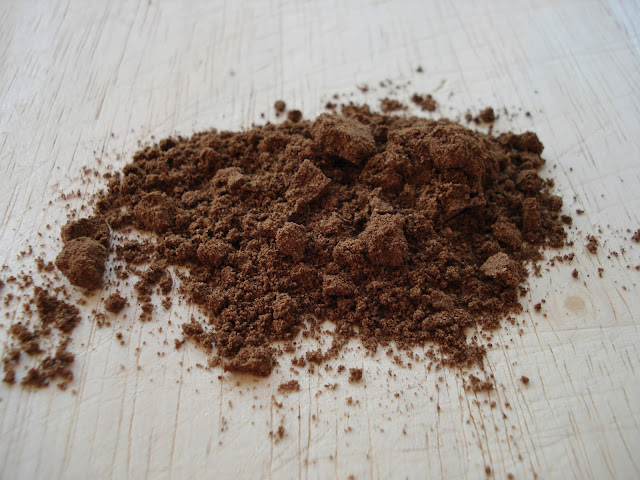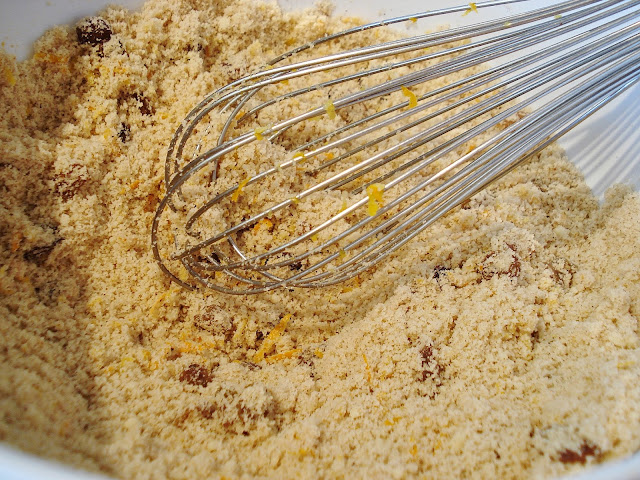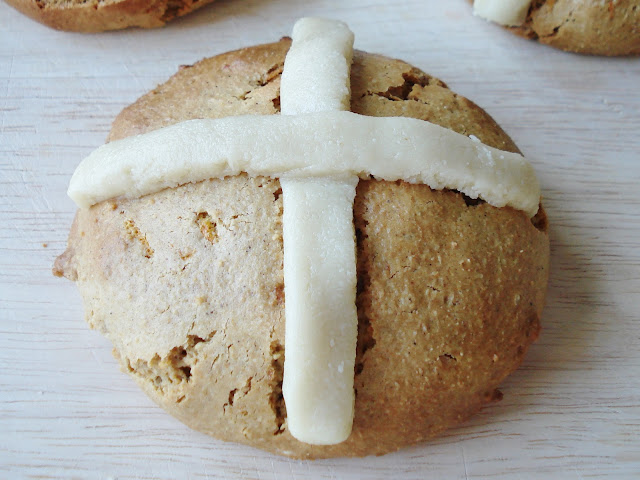Used by the Mayan Indians to embalm their dead and by the Aztecs in their chocolate drinks, Allspice (Pimento dioica) was reportedly discovered by Christopher Columbus in the late 15th Century, when he was searching for new sources of pepper. Its botanical name is derived from the words pimenta (Portuguese) and pimienta (Spanish), which mean pepper, due to its similarity in appearance to peppercorns. Allspice was so named because of its powerful aroma and flavour, which resembles cloves, nutmeg and cinnamon but with some peppery heat.
Allspice is the dried berry of the pimento tree, an evergreen indigenous to the West Indies, Central and South America. The green berries are harvested between July and September and change to purple and then brown as they are dried in the sun. Allspice is the only spice which, in the past, has been grown exclusively in the Western Hemisphere and two thirds of the world's supply is grown in Jamaica. Saplings which were taken to Ceylon and Singapore in the early 19th Century failed to flourish but it is now cultivated in parts of India and is quite a popular spice in North Indian cooking.
Medicinal Uses
The healing qualities of allspice are derived mainly from the oil of the berries and the leaves and in particular from the phenylpropene, eugenol, found in its oil. Also present in cloves, this chemical has antiseptic, anaesthetic, analgesic and antioxidant properties. Consumed in the form of a tea as a tonic and used externally for the relief of aches and pains, this pungent spice and its leaves are also believed to help the following ailments :
- colds and flu
- toothache
- rheumatism
- arthritis
- indigestion
- neuralgia
- nervous exhaustion
- menstrual cramps
- fatigue
Apparently, in the 19th Century, Russian soldiers used to keep their feet warm by sprinkling allspice in their boots!
It is not advised to consume allspice during pregnancy and if you are breast feeding. I've also come across some references which suggest that allspice should not be consumed by people with Ulcerative Colitis, stomach ulcers and Crohn's Disease but it is on the SCD legal list and the recommendation for its use is here.
Nutritional Benefits
Allspice is a good source of :
- calcium
- manganese
- vitamin C
- iron
- magnesium
- potassium
- copper
and contains traces of
- vitamin A
- folate
- vitamin B6
- niacin
- phosphorous
Cooking with Allspice
Allspice is used widely in Europe as an ingredient in sweet recipes and festive baking as well as in mulled wine. A main ingredient in the Carribean jerk seasoning, it is also added in the production of Benedictine and Chartreuse. Try a small amount on cooked or roasted root vegetables or with spinach and sprinkle a small amount into vegetable soups. Ideally, allspice should be ground just before it is used but we don't seem to be able to buy the whole spice easily in the UK. There are some pictures of the whole spice here, if you're curious and some cooking tips below :
- allspice can inhibit the activity if yeast in amounts over ¼ teaspoon per cup of flour
- 6 allspice berries = ¼ - ½ teaspoon ground allspice
- 1 teaspoon ground allspice = ½ teaspoon ground cinnamon + ¼ teaspoon ground cloves + ¼ teaspoon ground ginger + a little ground black pepper
Hot Cross Buns GF SCD
I tried several variations of the recipe below before I was satisfied, including using flax eggs instead of eggs. One flax egg is made by mixing 1 tablespoon of ground flax seeds with 3 tablespoons of boiling water, whisk well with a fork and allow to cool. The texture was slightly chewier but we still enjoyed them. I also tried them without oil and there was only a small difference so you could try them without oil if you wish. Please bear in mind that grain-free breads will never have the same texture as those made with grains.
Even though the SCD legal list states that allspice is legal in cooking, you may wish to replace the allspice and cloves with cinnamon, mace or nutmeg and ginger or just reduce the amount in the recipe.
320g ground almonds
50-80g organic sultanas or other dried fruit
60ml honey (or other liquid sweetener - not for SCD)
2 eggs (or 2 flax eggs and 1 tblsp organic cider vinegar - not for SCD)
2 tblsps extra virgin olive oil
grated rind of 1 unwaxed lemon
grated rind of 1 unwaxed orange
1 tsp ground allspice
1 tsp ground cinnamon
½ tsp mace (or nutmeg if you don't have mace)
¼ tsp ground ginger
⅛ tsp ground cloves
1 tsp bicarbonate of soda
large pinch of salt
Set the oven to 180°C. Measure the ground almonds, spices, bicarbonate of soda and salt into a bowl.
Whisk the eggs (or flax eggs), honey (or other sweetener) and extra virgin olive oil until light and fluffy, preferably with an electric hand whisk.
The mixture is quite sticky, don't be put off by this. Add a little more almond flour if you feel its too wet. I added an extra 10g just because I added a tiny bit too much honey. Wet your hands with a little cold water and roll the mixture quickly into six or eight balls, then place on a baking sheet lined with baking parchment.
Place into the oven, cook at 180°C for five minutes then turn the heat down to 150°C and cook for a further twenty to twenty-five minutes. Cover with some foil towards the end of the cooking time if they appear to be getting too brown. The buns are ready if they sound hollow when tapped underneath.
Leave to cool on a rack. They will have cracked a little. If you want to use a sharp knife before cooking and lightly cut a cross into the top, it might prevent some of the cracks. Earlier on in the week I made several batches of the buns using half the ingredients. I didn't use wet hands to roll them into a ball and I cut a faint cross in the top, this is how they turned out.
Using the wet hands to roll the mixture made the buns very smooth. I made the version without eggs (not SCD legal) using half the mix and they turned out well. If you use this version, because the vinegar starts to work with the bicarbonate of soda as soon as it is mixed, work quickly to get them in the oven.
Place two strips across each bun.










